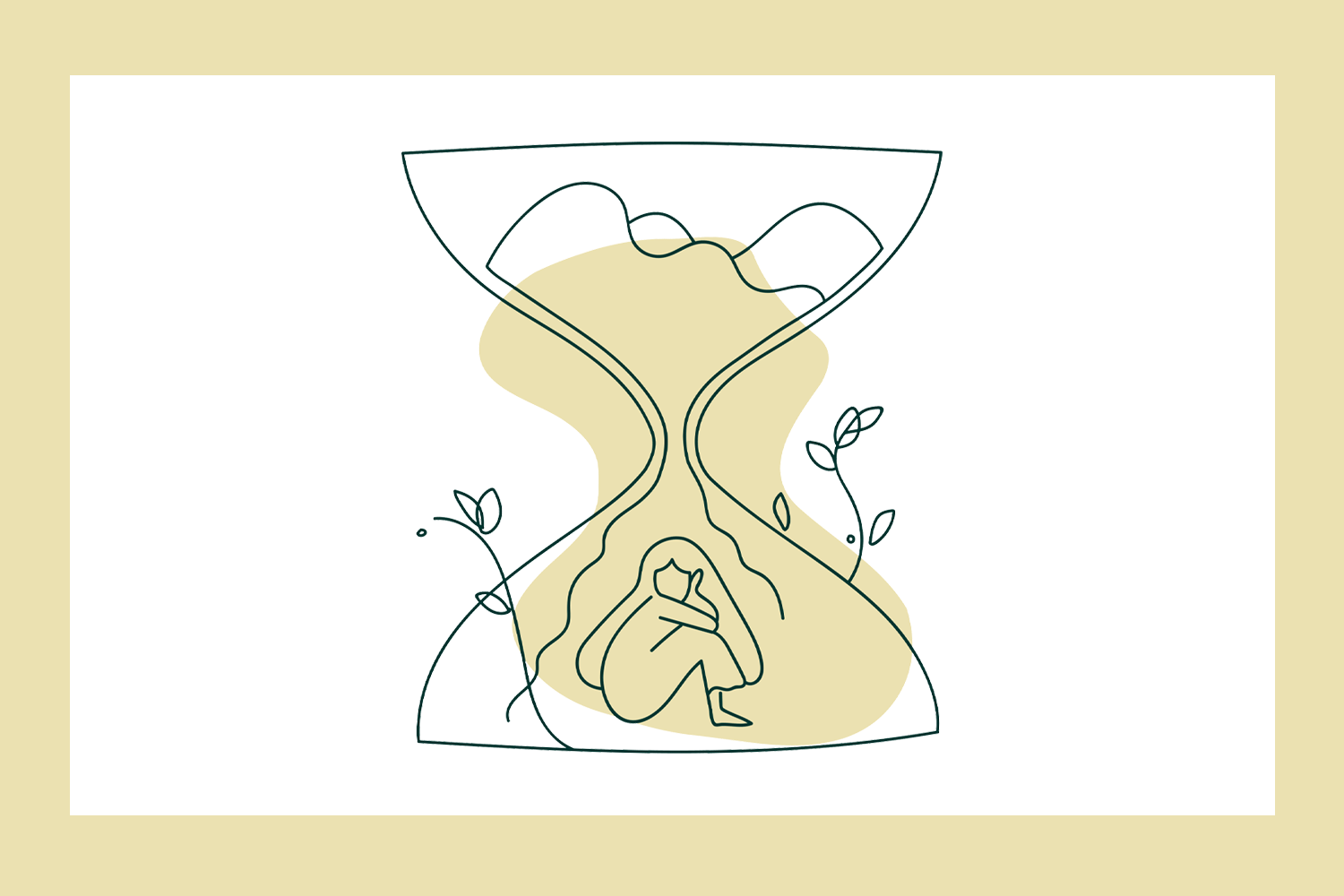11 DPO Symptoms: What Should You Expect when TTC?
If you’ve been trying to conceive or just starting to explore your fertility journey then you know that every day counts. This is as true for the days of your fertile window and timing intercourse as it is for ovulation and taking a pregnancy test. And while all pregnancies are unique, the days following a successful fertilization are when the fertilized egg implants into the uterine lining and the pregnancy technically begins.

Not everyone experiences symptoms right away, but some people show symptoms of pregnancy as early as 6 DPO! However, due to pregnancy tests requiring at least a two week wait for hormones to build up to a detectable level, it’s important to familiarize yourself with some early signs that might show up earlier than that.
In this article we will look at what is happening in the body at 11 DPO (days past ovulation) and what changes women might experience at 11 DPO.
What is 11 DPO?
When you’re trying to get pregnant, timing is everything and the days past ovulation, or DPO, are no exception. 11 DPO refers to 11 days past ovulation – or the time when your body begins to ramp up production of the pregnancy hormone hCG as well as estrogen and progesterone (and yes, you can test your estrogen levels at home).
Together, these hormones can produce early signs and symptoms of pregnancy and help many women watch for subtle changes wondering if their TTC effort was successful.
What are the most common 11 DPO symptoms?
Successful implantation of an egg in the uterine lining can take anywhere between 6 to 12 days after ovulation. After implantation, the body begins to produce hCG – the pregnancy hormone responsible for early symptoms as well as what pregnancy tests look for. As hCG rises, many women begin to experience common symptoms of early pregnancy.
The most common pregnancy symptoms at 11 DPO are listed below:
Cramping
Increased pregnancy hormones can affect your gut health, resulting in changes to digestion and increasing your chances of cramping as a result. In addition to gut changes, uterine cramping can also be one of the earliest signs of pregnancy. Often accompanied with implantation bleeding, uterine contractions can resemble period cramps and are sometimes mistaken for menstruation.
Breast sensitivity
Changes in the breast tissue during pregnancy are not only common, but are to be expected from an early stage. As hormone levels increase, you’ll notice your breasts feel swollen and sore to the touch. The byproduct of increased blood flow and fluid retention, breast tissue may become extremely sensitive, increase in size, and feel heavier.
Frequent urination
Another byproduct of increased blood flow, this time to the kidneys, frequent urination is a good sign of early pregnancy. In fact, your kidneys can produce as much as 25% more urine right after conception, peaking near the end of the first trimester. Frequent urination is also another good sign of early pregnancy as it may indicate that your womb is growing. As your uterus grows, pressure is applied to the bladder which can also make you feel like you need to urinate more often.
Headaches
Changing hormone levels as well as changes in blood volume may be the cause of headaches in the first trimester. Other factors like stress and severe fatigue, both early signs of pregnancy, may also contribute to headaches. Headaches are extremely common in the first trimester. From low blood sugar and dehydration to withdrawal headaches from reduced caffeine consumption, there are a number of factors at play when it comes to headaches in early pregnancy.
What to do if you have no symptoms at 11 days past ovulation?
For most women, 11 DPO is too early to feel any symptoms of pregnancy and most of what you feel may be indistinguishable from menstrual symptoms. However, if you are 11 DPO with no symptoms it does not mean you are not pregnant!
Additionally, if you did an 11 DPO test that gave you a BFN (big fat negative), this could easily be the result of your body not producing enough hCG to reach the threshold of a home pregnancy test. If you’re having symptoms (or just want peace of mind) and test negative, you need to wait a few days to test again.
When should you test?
Waiting until at least 12 days DPO gives you the highest chance of testing positive if you really are pregnant. For increased certainty, waiting until after a missed period is the most ideal time to reinforce previous DPO test results.

What does it mean to get BFP at 11 DPO?
Pregnancy tests are almost 99% accurate when used properly, so if you followed the manufacturer’s instructions and got a BFP at 11 DPO there’s a good chance you are pregnant. A visit to your healthcare provider to confirm the results is in order.
What does it mean to get BFN at 11 DPO?
A BFN at 11 DPO may mean your body hasn’t reached threshold levels of hCG for home pregnancy tests. It may also mean the test was taken incorrectly or you’re not pregnant. If you get a BFN at 11 DPO it’s best to test again in a couple of days. If you still get a negative then it’s best to wait until your period is scheduled to come.
If you are trying to get pregnant, it’s important to pay close attention to the subtle signs and symptoms you may experience in your body. Of course, a visit to your healthcare provider is the best way to confirm a pregnancy whether you are experiencing 11 DPO symptoms or not.
Mira’s Editorial Process
All content produced by Mira meets stringent editorial standards, ensuring excellence and accuracy in language and medical precision. Every piece undergoes thorough fact-checking and review by qualified professionals. Check out our full editorial process to learn more.










